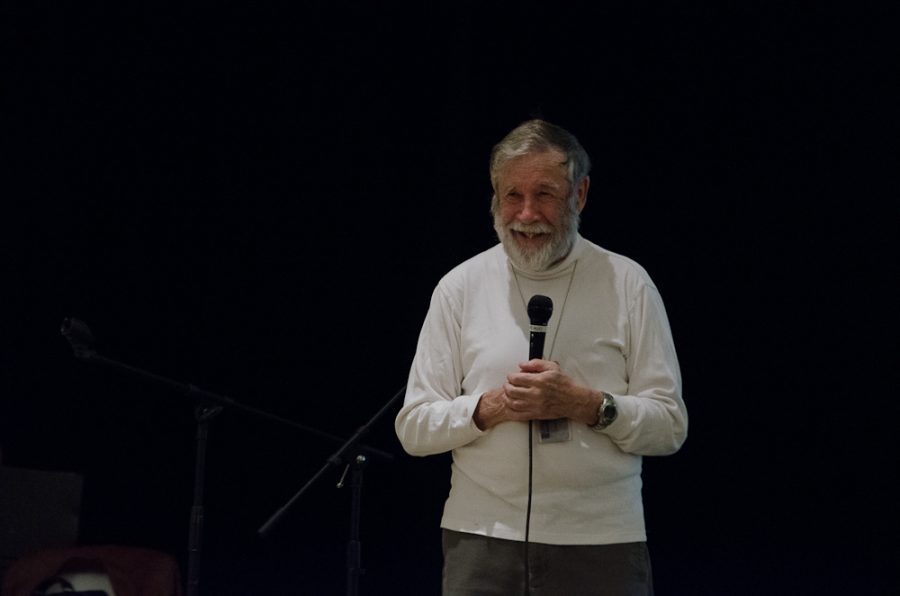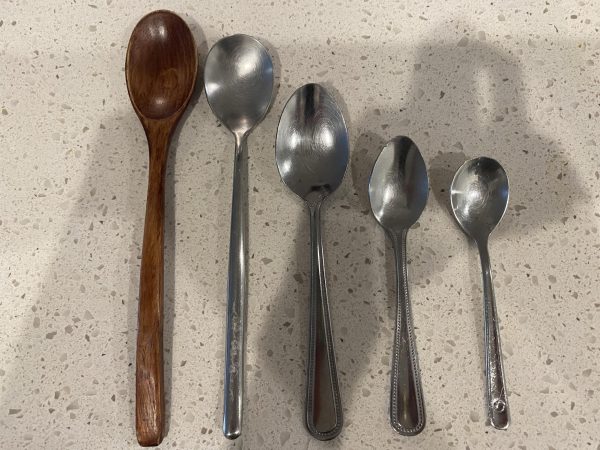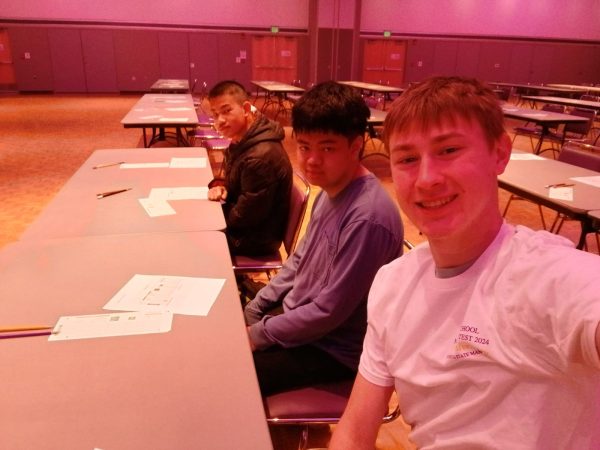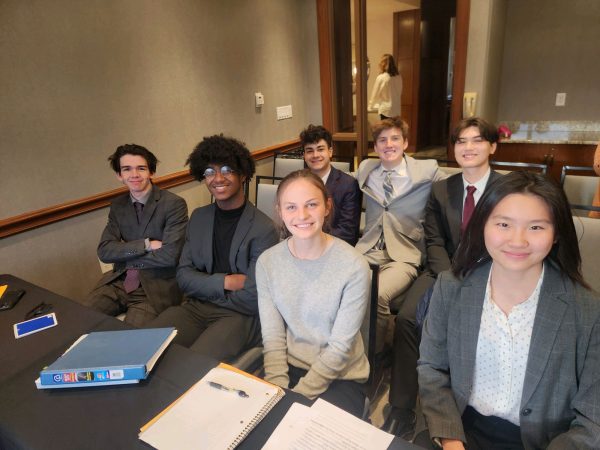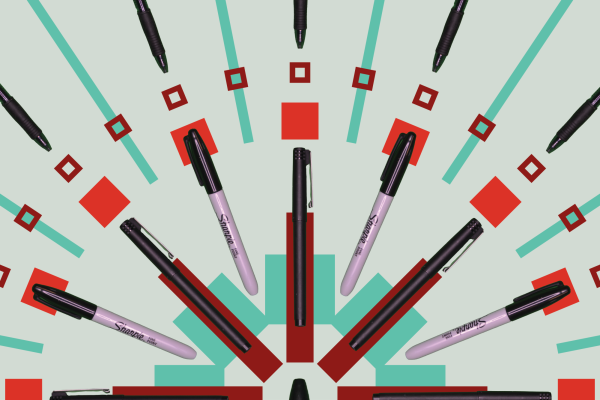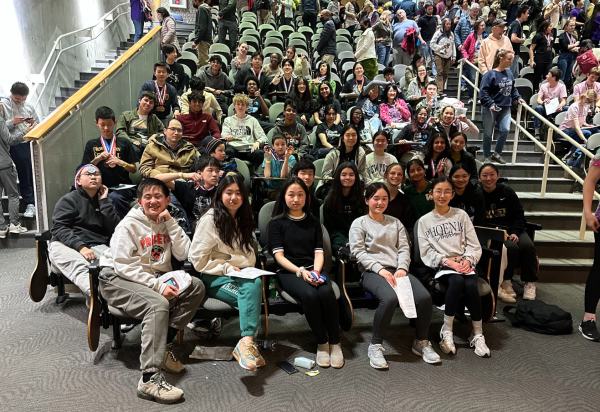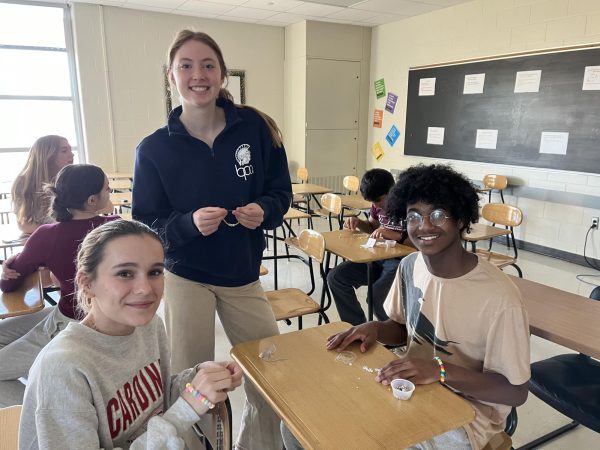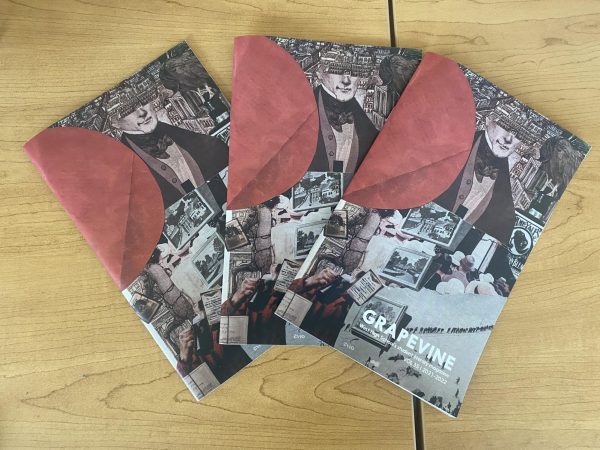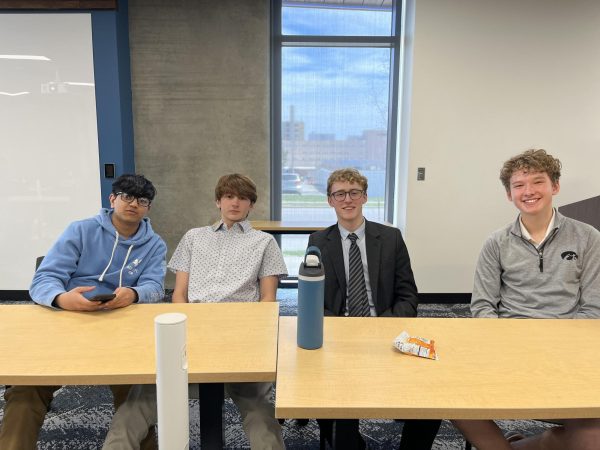Through the eyes of a Jew
West AP Euro students were given the once-in-a-lifetime opportunity on Tuesday Nov. 15 to hear Holocaust survivor Gideon Frieder speak about his experiences during this tragic time period.
“Let me give you an impression of six million,” the man began in a heavy Slavic accent. “A door opens, and a Holocaust victim comes in front of you and says, ‘I was murdered in the Holocaust.’ Sixty seconds after they came in, another will come. Every minute, the door will open, and a Holocaust victim will come. And that will happen every minute of every hour, twenty-four hours a day, seven days a week, constantly, until six million have passed. How long will it take, two years? Three years, maybe four? It would take more than eleven years for all these victims to come through. That is the meaning of six million, a whole generation. This is the effect of the Holocaust.”
On Tuesday Nov. 15, West students listened intently as guest speaker Gideon Frieder gave them something they may never receive again: a first-person perspective on what life during the Holocaust was really like.
Even before the Holocaust, Frieder had experienced anti-semitic feelings during his childhood in Slovakia, though he did not recognize it as such because it was a part of the lifestyle of being a Jew.
“They didn’t call you a Jew; they always called you a ‘stinking Jew,’” Frieder said. “Being a child, I didn’t understand that ‘stinking’ was anything but part of the name. In certain streets, I could not walk because the children would throw stones and hit me and beat me. I didn’t understand why, but it was part of your life: you didn’t think about it, you just avoided being hit.”
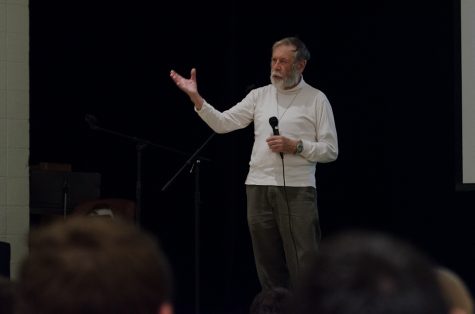
When Frieder was seven years old, he was forced to flee his home country of Slovakia with his mother and sister in an ambulance, or risk deportation by the Slovakian government.
“My father, because he was so very well known, didn’t want to stick with us,” Frieder said. “It was clear that if we went far together, we would all be shot.”
Frieder continued on with his mother and sister out of the city. However, things went wrong when German units began to approach Banská Bystrica, the center of an uprising where Frieder and his family were supposed to go.
I had to survive in order to prove that they did not succeed, no matter how hard they tried, no matter what they did. That was my motivation.
— Gideon Frieder
“We fled into an area which was under the control of anti-Nazi partisans,” Frieder recalled. “When that collapsed, there was this massacre where my sister and mother were killed and I was wounded. Then I was brought to [a] family in Israel.”
Frieder was reunited with his father for a short period of time, only to have his father die a year after meeting him again. He then stayed in Israel for decades, until he was lured to the United States for a dream job opportunity.
Many years later, after Frieder had come to the United States and began to volunteer for the United States Holocaust Memorial Museum, he discovered more information about the Slovakian government during this Holocaust that further diminished his views on humanity during this period.
“The Slovak government paid the Germans a huge amount of money, a several month salary in America, for every Jew that the Germans killed,” Frieder said. “It was knowing and open. They confiscated Jewish property [to pay for this], so the Jews essentially paid for their own murder. If there is any deeper depravity of what humanity is, I challenge you to find it for me.”
Despite the terrible events that occurred to Frieder during this tragic time period, he did not allow to destroy his will to carry on in life.
“Hatred is all it [was],” Frieder explained. “Human depravity becomes very very evident when hatred controls everything. I had to survive in order to prove that they did not succeed, no matter how hard they tried, no matter what they did. That was my motivation.”
Human depravity becomes very very evident when hatred controls everything.
— Gideon Frieder
Frieder began speaking to students like that at West in order to tell the real story of what happened during the Holocaust. He believes that all the names, dates and statistics provided to the public through books about what happened during the Holocaust by books don’t sufficiently inform others of how a Holocaust is formed, which he views as vital to teach others how to change in the future.
“Let me tell you what the [history] books don’t tell you,” Frieder said. “There are three conditions for a Holocaust to happen. Condition number one: There is a well identified group of victims. Condition number two: There is a class of perpetrators, people who are convinced that the victim class is not worthy of living. Every book tells you about this, but what they miss is condition number three, and condition number three is that the group of perpetrators has the technology, the capability, the logistics, to affect the victims.”
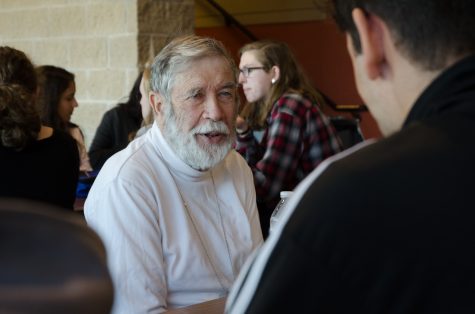
Based on these three conditions, Frieder believes that it more than probable that another Holocaust-like occurrence could happen again.
“I am not very optimistic,” Frieder said. “The hatred is growing all the time. It can happen again. [In fact], I believe it’s started. If you underline the three things I said, you can find today extreme groups which consider others not worthy of living. I am posse, my generation’s over, and I don’t think the young generations are as aware of what can happen.”
However, Frieder remains faithful to the belief that if future generations do reflect on actions of the past and are self-aware, they will be able to prevent atrocious events like this from reoccurring.
“I am a scientist, and in science, we are fond of saying, ‘Understanding a problem is half of the solution,’” Frieder said. “If you can formulate a problem correctly, you already have [part] of the solution. I think our understanding today is far, far higher because it already happened once. We know far more, so if we are cognizant of the problem, maybe we can reverse it.”
Your donation will support the student journalists of West High School. Your contribution will allow us to purchase Scholarship Yearbooks, newsroom equipment and cover our annual website hosting costs.
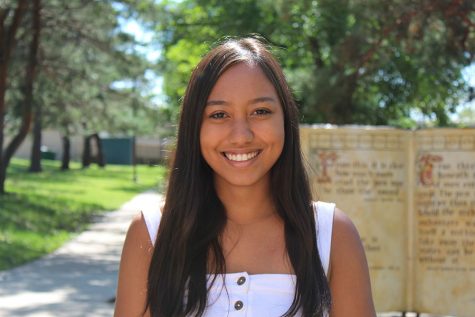
Anjali is a senior and third-year staffer on West Side Story. She is the Print Managing Editor and Co-Copy Editor. When she's not complaining about Oxford...
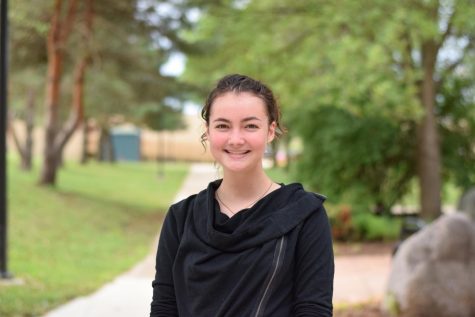
This is Alyson's second year on staff where she is a news editor and photographer. As a senior she spends her time working, working and...


